How To Use Essential Oils In The Garden
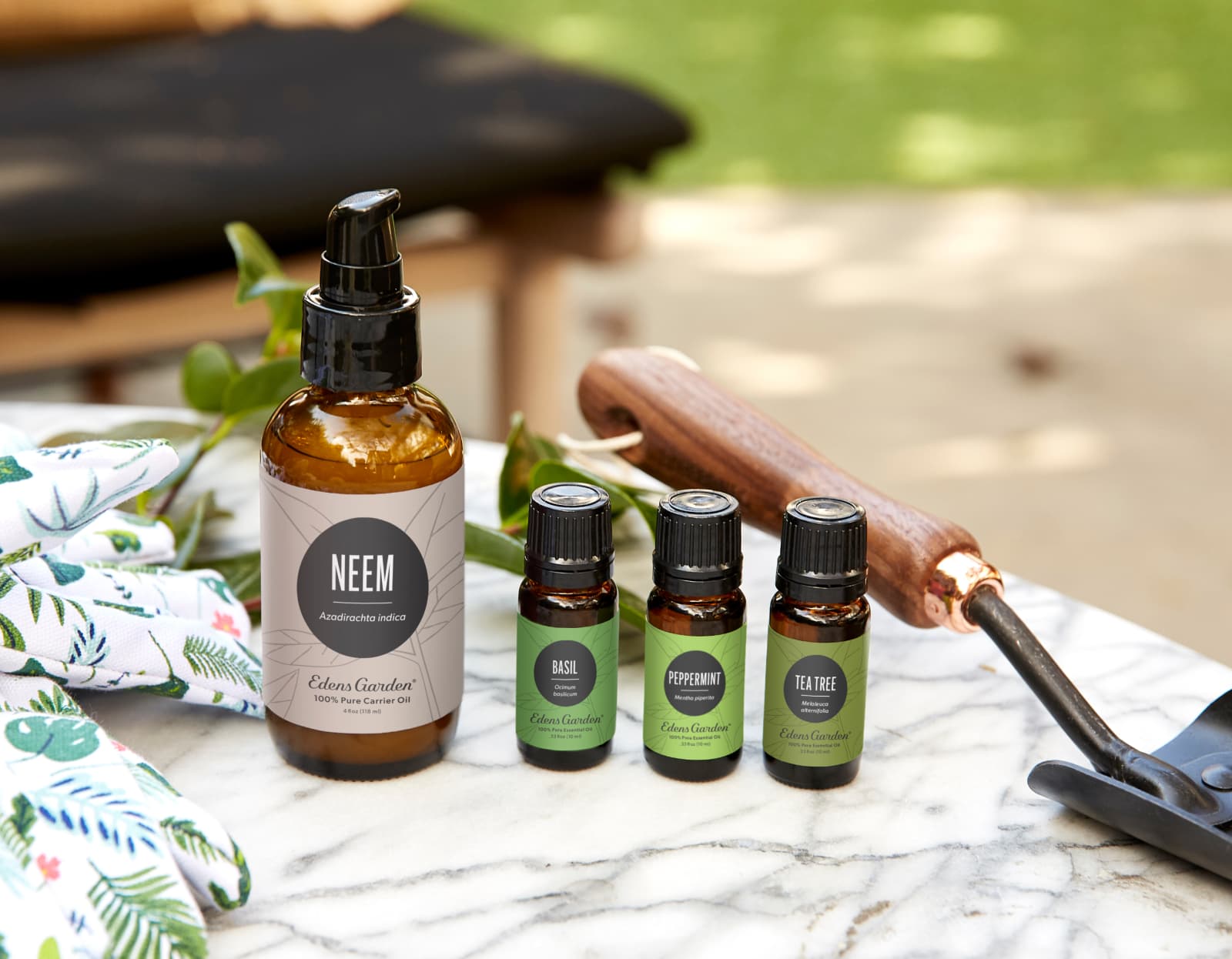
The sun is shining again, which means it’s time to tend to your beloved plants! While you prepare your outdoor spaces for a bright and sunny season, you may discover an unwelcome garden pest and insect problem. Another issue you could face? Weeds. Luckily, essential oils can help bolster the health of your garden plants while putting a stop to unwanted weeds.
Read on for a roundup of the best essential oils for weed and pest control.
Essential Oils In The Garden
Which essential oils deter bad bugs and weeds, protect beneficial insects and reduce the need for harmful chemicals in the garden? Let’s take a look.
- Tea Tree Essential Oil: Considered amongst many gardeners as the best essential oil to help your plants ward off diseases, Tea Tree oil fights mold and fungus.
- Peppermint Essential Oil: Peppermint oil works to repel ants, aphids, beetles, moths and spiders.
- Basil Essential Oil: This herbal oil repels flies and supports vegetable plant health.
- Lavender Essential Oil: From attracting pollinators to repelling mosquitoes and chiggers, Lavender oil is a garden must-have.
- Cedarwood Essential Oil: One of the many reasons we love Cedarwood oil? Roaches, slugs and snails detest it.
Along with repelling pests, essential oils of Rosemary oil, Orange oil and Thyme oil have the ability to attract welcome guests like bees and butterflies while driving away mosquitoes and opportunistic flies.
NEEM OIL
One of the strongest champions for your garden is Neem carrier oil. As a potent insecticide, Neem can repel and manage the presence of over 200 garden-destroying bug species, including aphids, mites, snails, moths and gnats. It also acts as an antifungal that supports soil while remaining friendly to birds, bees, ladybugs and other wildlife (as long as they are not sprayed directly).
- To spray your plants using Neem oil, add about 1.5 tbsps of the carrier oil with 2 tbsps of dish soap or liquid castile soap to 3 oz of water. Be careful not to spray directly onto friendly bugs, and avoid spraying your plants in direct sunlight or hot weather. Be sure to coat the leaves on the top and undersides, and even spray a little bit onto the soil.
How To Use Essential Oils In The Garden
Once you’ve gathered your oils, here’s what you’ll need to do for pest and weed control.
PEST CONTROL
Step #1: Use one oil, or create a blend of essential oils for pest and disease defense such as 5 drops Basil, 3 drops Cedarwood, 8 drops Lavender, 2 drops Peppermint and 2 drops Tea Tree.
Step #2: Add 20 drops of essential oil to 1 oz of liquid castile soap in a 4 oz glass spray bottle. Let sit for a while before adding 3 oz of water. Shake well to combine and spray onto the soil around your plants.
Alternatively, mix the essential oil combination of your choice into Epsom salt and add a layer around your garden. The plants will thank you for the magnesium boost as well.
Furthermore, soak cotton balls in the essential oil and place them around your garden beds a few feet apart.
PRO TIPS
We recommend spraying your plants for preventative purposes every 1-2 weeks, and every 3 days for a week or two to combat a specific pest issue.
Similar to Neem oil, we recommend that you spray your plants when the sun is setting and the weather is not too hot. You may want to spot-check your spray on one particular leaf to ensure it does not have a negative reaction.
Be sure to also do your research. Some plants are finicky – find what works for your particular garden.
WEED CONTROL
For weeds, combine 1 oz of liquid castile soap, 10 drops of Clove oil, 10 drops Orange oil, 10 drops Wintergreen oil and 10 drops Citronella oil in a 6 oz glass spray bottle. Let sit for a few hours before adding ½ cup of white vinegar and 1 oz water. Shake well to combine and spray directly onto weeds.
If you have especially stubborn weeds, soak a cotton ball or paper towel with the above solution and place it directly on top of the weeds. Let it sit overnight before removing it.
The Natural Alternative
At Edens Garden, we’ve championed offering natural alternatives to everyday necessities because we believe in the difference it makes. Cutting out toxic chemicals and using the bounty of remedies and goods found here on Earth can heal, not only our bodies, but our minds as well. So along with using essential oils to keep your gardens organic and free of toxins, give them a try the next time you scrape your knee, get a surge of anxiety, need a more restful sleep or just want your home to smell amazing. Whatever your needs, Edens Garden has got you covered.
SOURCES:
- Quick Answer: Can you put peppermint oil on plants? https://www.dekooktips.com/guide/quick-answer-can-you-put-peppermint-oil-on-plants.html
- Using Essential Oils in the Garden. https://theseedsupply.com/blogs/news/81877249-using-essential-oils-in-the-garden
- Pest Control With Essential Oils. https://www.go-forth.com/blog/post/pest-control-with-essential-oils-garner-exterminators
Grab The Essentials Here:
Leave a comment (Comments will be approved before showing up)
6 comments
Maria Atkinson
hi
ek wil weet of hoe werk olie vir vetplante en die plante moet mooi groei maar hoe dit.
Edens Garden
Hi Leslie! The recipe calls for 1.5 tbsp of Neem oil. Hope this helps!
Leslie
For the Neem oil recipe, how much Neem oil is to be added to carrier oil, castille soap and water? Thank you!
Edens Garden
Hi Rowena! Fish don’t metabolize essential oils the same way humans do, therefore we don’t suggest using essential oils on or near your aquaponics system.
Rowena Mould
I have an Aquaponics system and am concerned about using oils as they could be harmful to our Tilapia. Any advice would be appreciated.
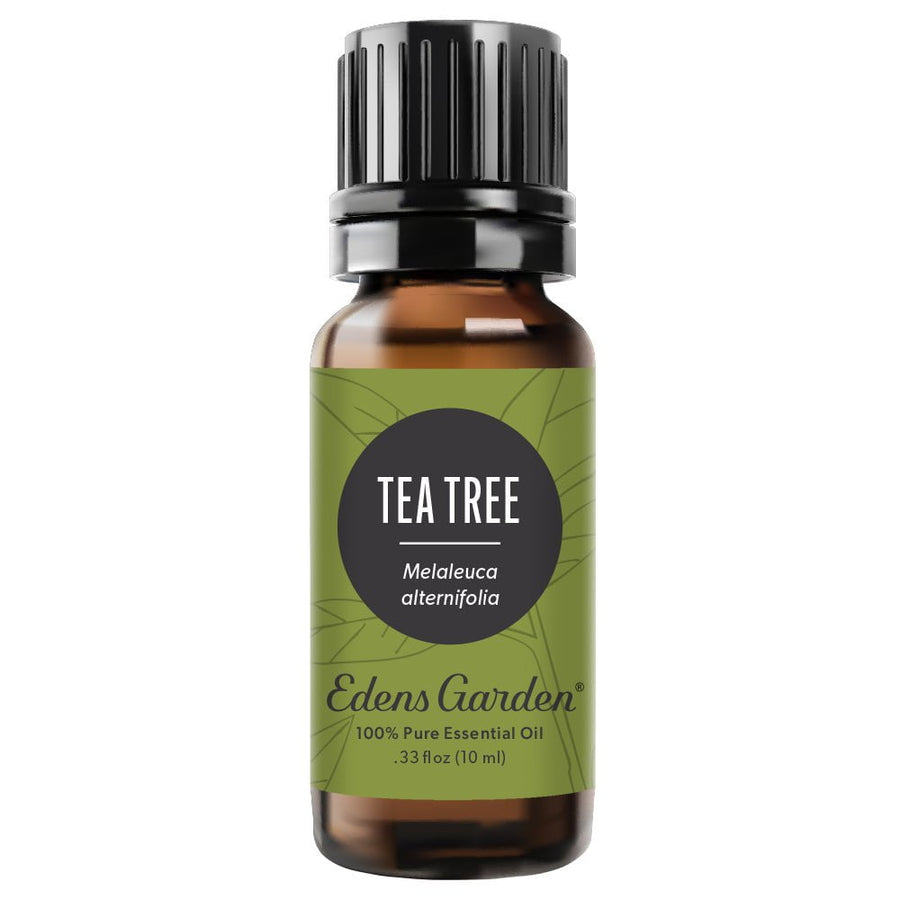
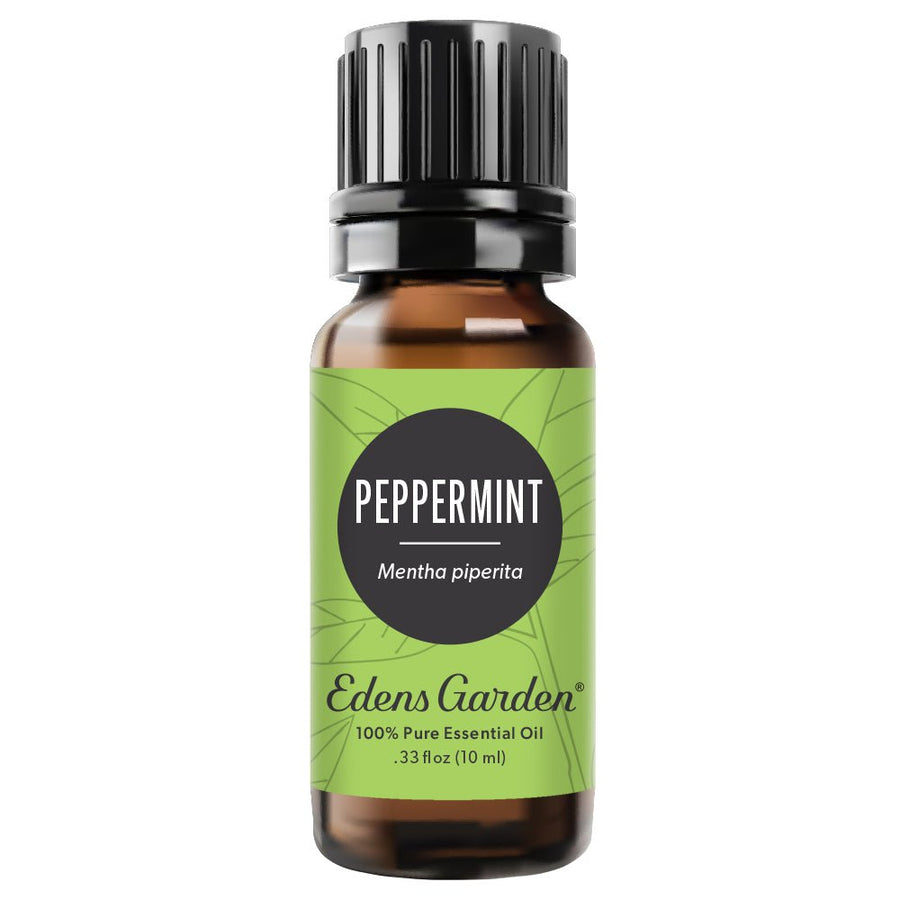
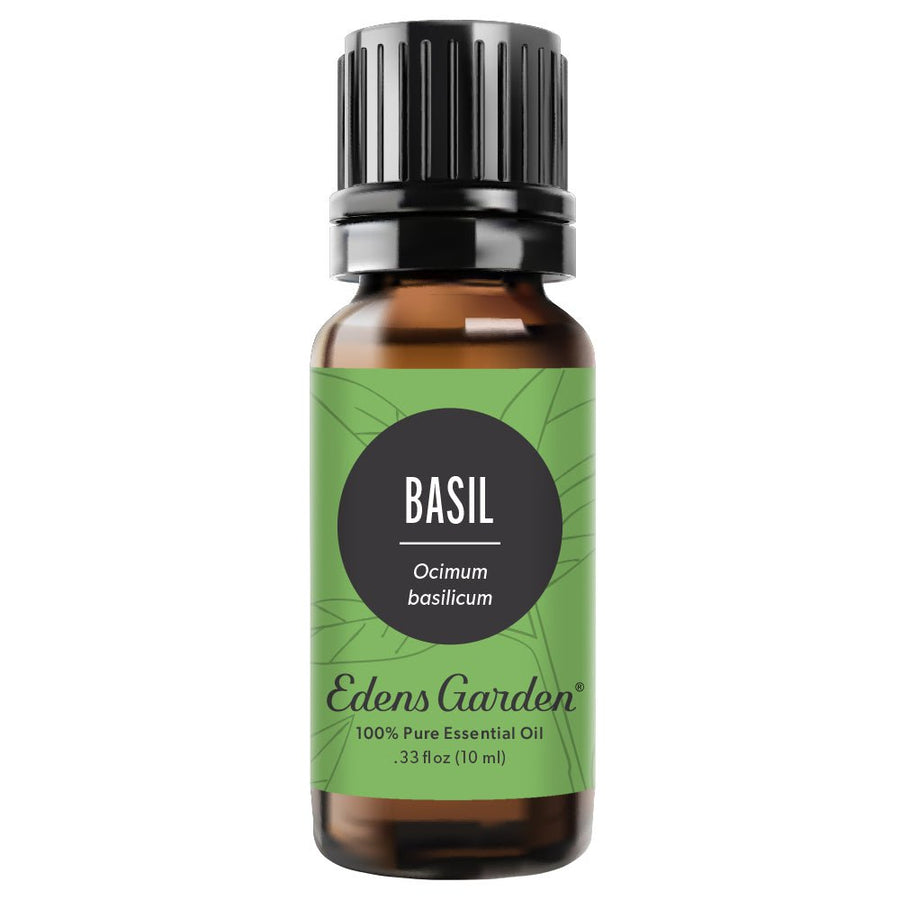
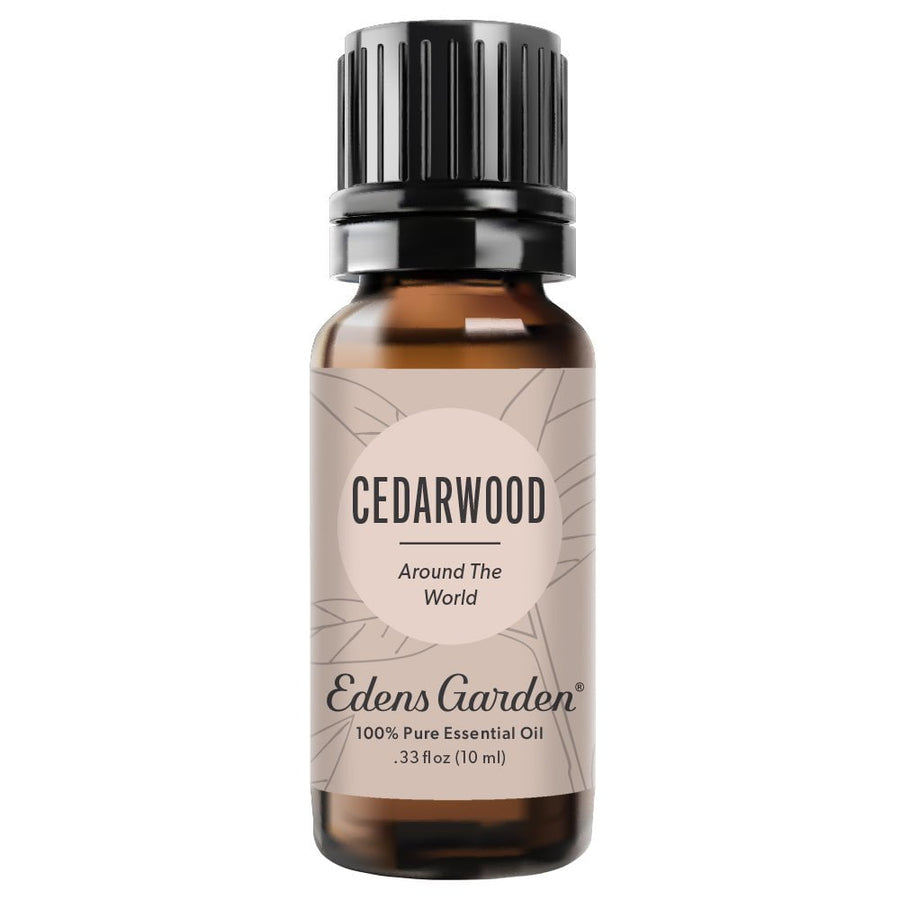
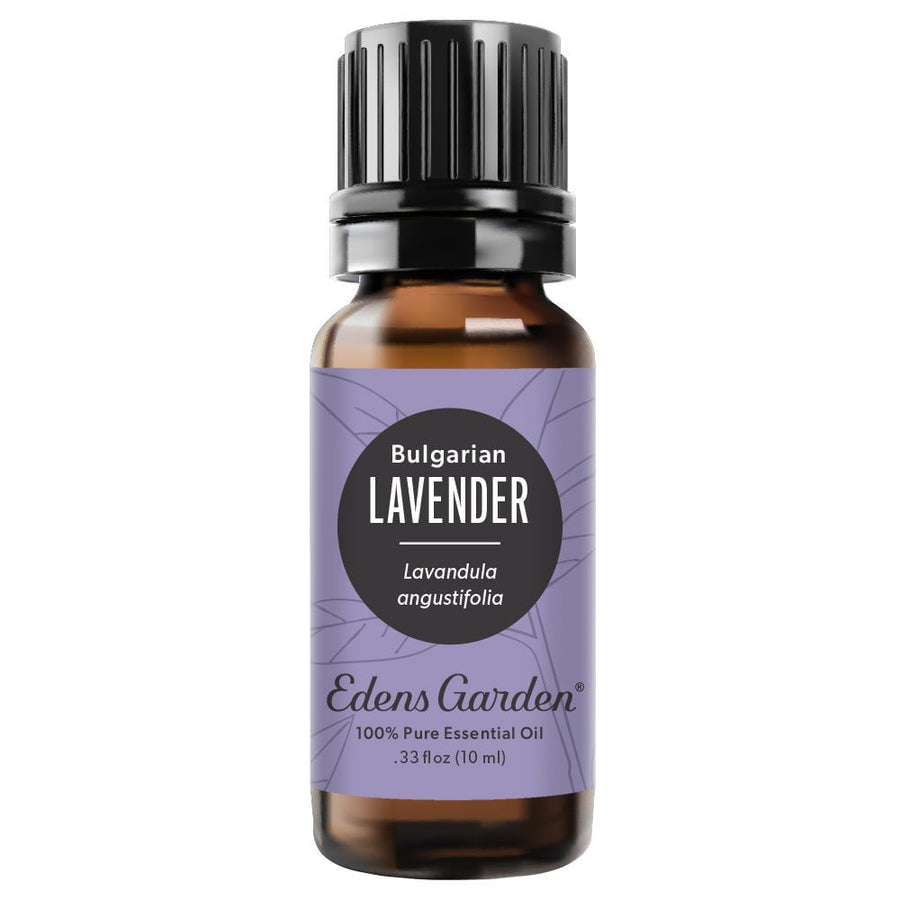
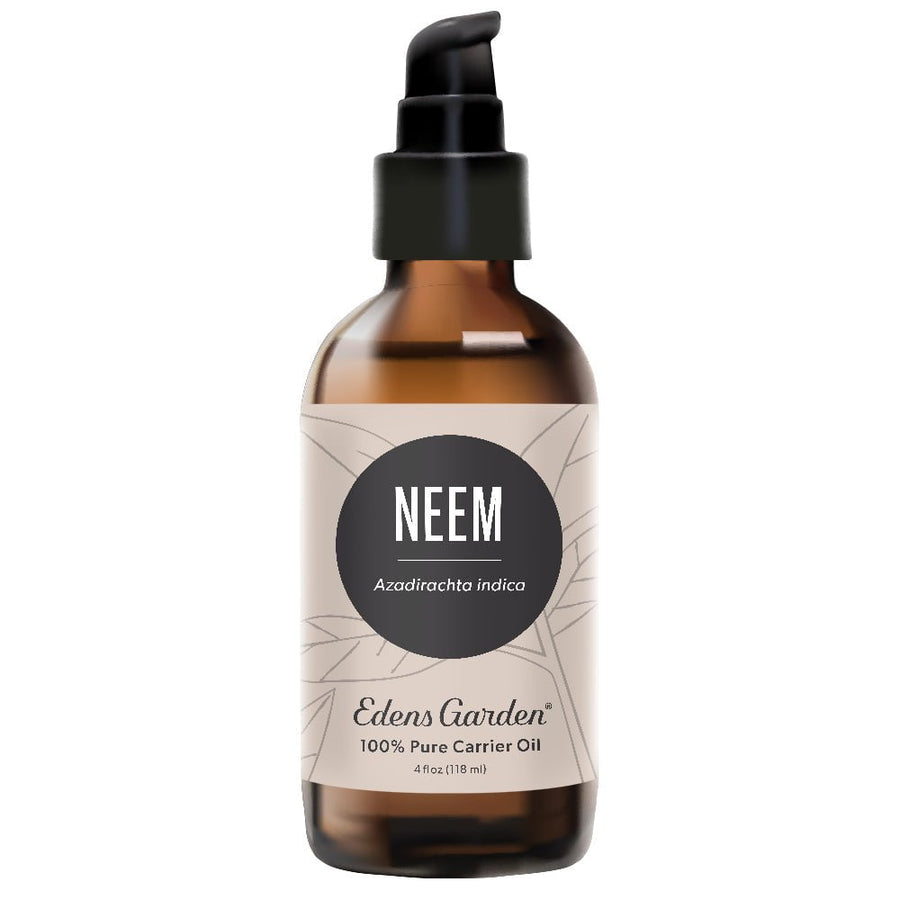





Edens Garden
August 21, 2024 at 10:50 am
Hallo Maria! Ons beveel nie aan om essensiële olies op vetplante te gebruik nie, aangesien dit jou plante kan seermaak. Ons hoop dit help.